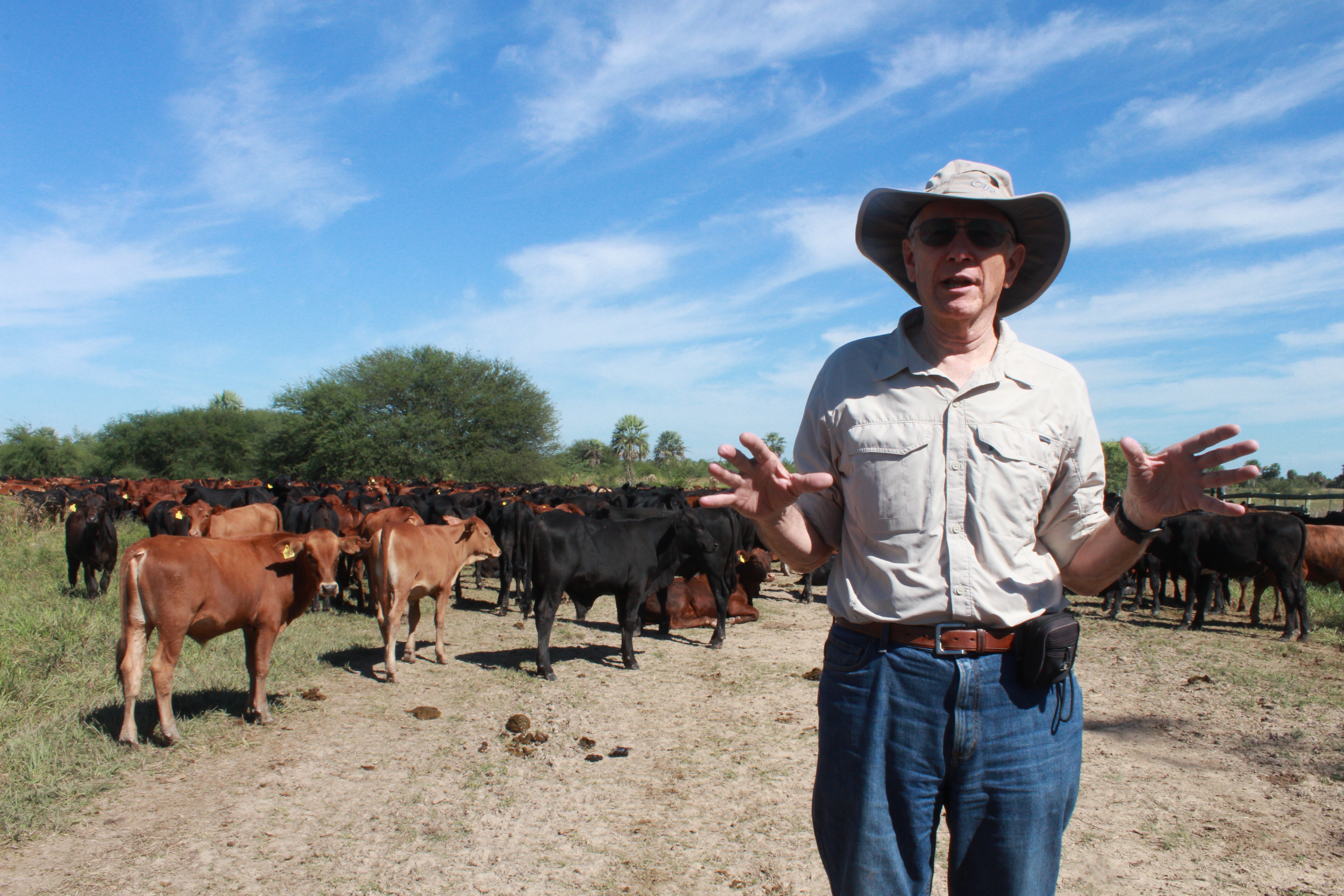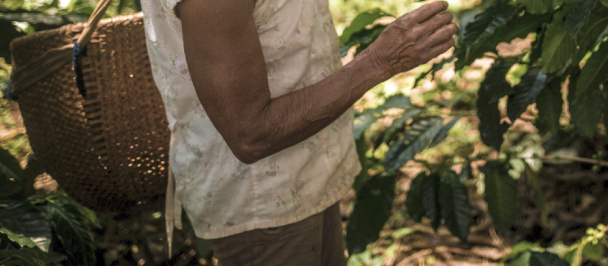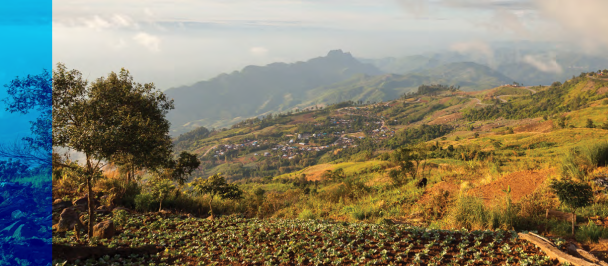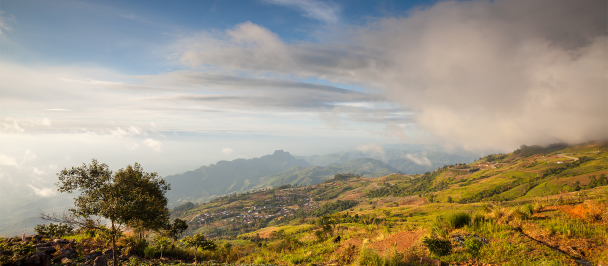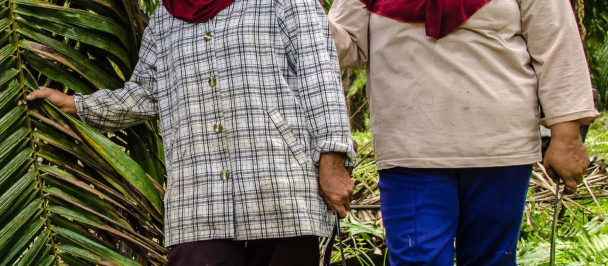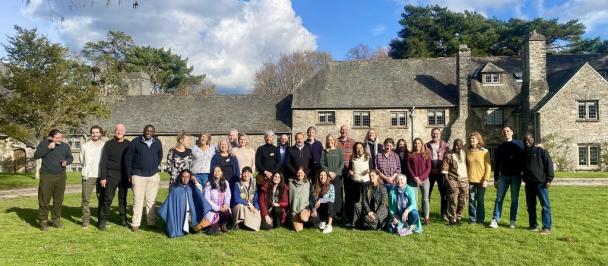As appetite for meat and dairy products is rocketing, so is the evidence that the livestock industry is a major contributor to global warming. Over 15 percent of all green house gas (GHG) emissions are linked to animal digestion and manure decay, not to mention emissions from the manufacturing and transport of meat-packaged products.
Continuing business as usual in the way we produce livestock and its feed to meet global demand - expected to double in the coming three years - would entail taking over more natural forest and using soaring amounts of water.
Well aware of this, major meat producing countries like Paraguay and Costa Rica, are adopting bold measures urgently needed to rear animals and produce food sustainably and address climate change. For example, wider adoption of existing best practices that combine forestry and grazing, as well as technologies in feeding, health and husbandry, and manure management could help the global livestock sector cut its emissions.
At a conference recently organised by the Government of Paraguay, with support from the UNDP Green Commodities Programme (GCP), to share best practices and lessons learned with Costa Rica, Paraguayan Vice Minister for Livestock, Marcos Medina, praised Costa Rica´s experience and how the country was successfully positioning its meat sector as “green and sustainable”.
Speaking to 200 participants representing all sectors of the livestock supply chain from both countries, Marcos Medina explained his government’s intentions to develop a forward looking policy for the livestock sector that will offer “a meat that is sustainable and natural and that takes advantage of the opportunities offered by the international markets, especially those premium markets where consumers are particularly sensitive of the carbon foot print.”
Home to about 14 million head of cattle, Paraguay is fast becoming a beef export powerhouse mostly to rising markets such as those in Russia, Brazil and Chile. In 2015 the country made some US$ 1,466 millions from beef exports and jumped to become the world´s sixth major exporter.
At the event, his Costa Rican counterpart, Ivannia Quesada, said her country´s success came down to a strategy that focused on productivity and profitability for the producer yet “making sure we are adapting to our changing climate and creating resilience mechanisms.”
But, the road that led Costa Rica closer to a sustainable livestock sector wasn´t always smooth. “Between 1950 and 1980 we lost forest, soil and water quality, which took us 30 years to recover. And along the way, many producers had to abandon a sector that became unprofitable and bear the brunt,” said Mauricio Chacón, Livestock Manager at the Costa Rica Ministry of Agriculture and Livestock. “Paraguay can learn from our good and bad experiences and make the most of this strategic moment to ensure meat production is economically viable and sustainable,” he added.
Sustainability is a multi-stakeholder business
Enabling the livestock production sector in Paraguay and elsewhere to become more efficient and reduce emissions requires a mix of policies, incentives, and on-the-ground work. But most importantly, it needs a roadmap and a long-term vision shared by the country´s relevant government institutions, national and international private companies, key financial institutions and the livestock producers themselves.
“Paraguay has to define a production model that respects the environment,” said the President of Paraguay´s Rural Association, Fidel Zabala, who participated in the Conference and warned against business as usual with the sector relying only on policies that could be freely interpreted by different governments.
Private sector representatives such as Antonio Espinosa from Emprendimientos Rurales S.A advocated for a sustainability approach that would encourage “meat production and manufacturing companies to be economically sustainable but also the environment in which they operate must have a long term future.”
Since 2014, with the Global Environmental Facility, GCP has been helping the government in Paraguay to forge a major dialogue between all the country´s sectorial stakeholders. The three-day meeting with Costa Rican colleagues and counterparts was part of this effort.
“It was the first time many people involved in the livestock sector with different views sat together to discuss the importance of sustainable production for our country. “It was an opportunity to raise awareness about the fact that food production and environment can coexist and that sustainability can make Paraguay´s meat production more competitive,” said UNDP Project Manager in Paraguay, Eduardo Allende.
Similar dialogues to this are taking place regularly in Paraguay through the National Commodity Platforms for Soy and Beef both at national level and in the department of Alto Paraná. This is an innovative mechanism set up with the Environment Secretariat and the Ministry of Agriculture with the help of GCP that is enabling all stakeholders to analyse and decide on sustainability priorities, and eventually develop a national action plan that will improve how vital commodities such as beef and soy are produced.

 Locations
Locations